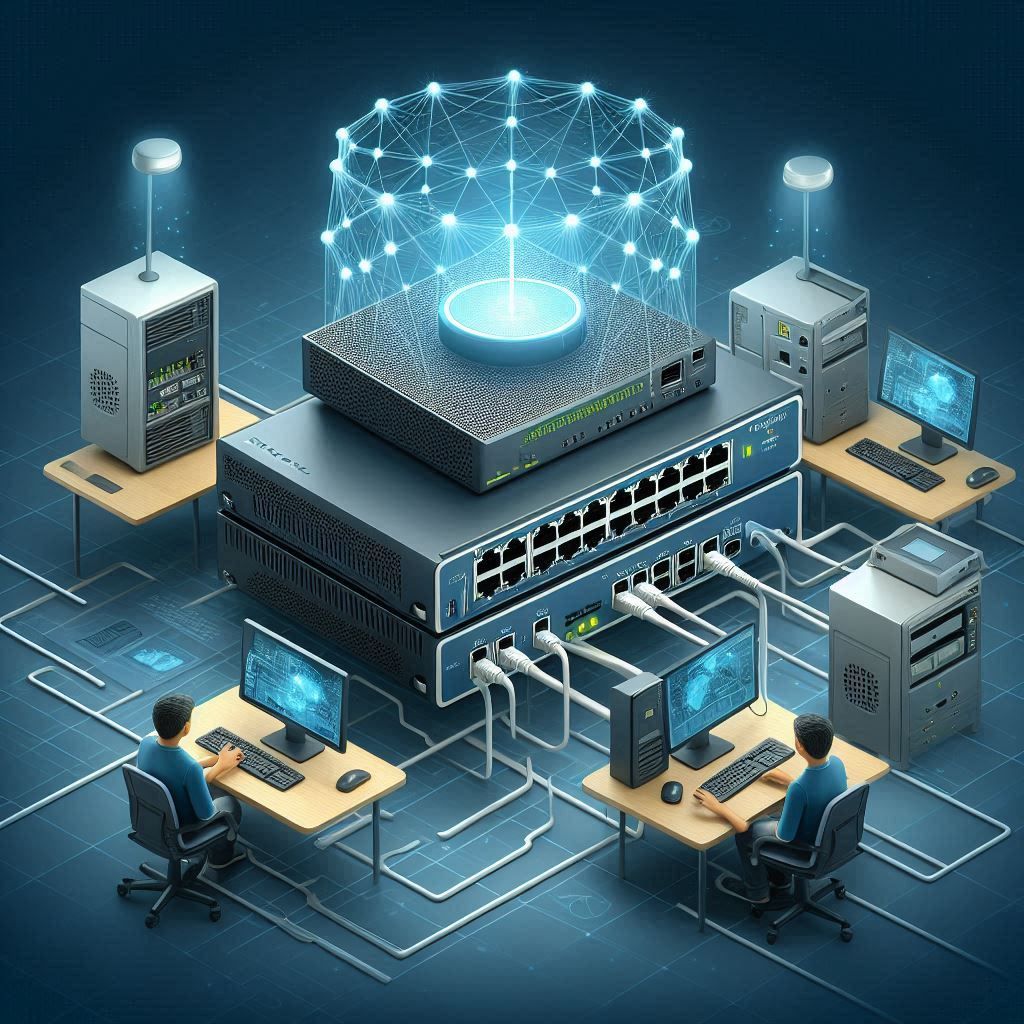
This course introduces students to the fundamental principles and practices of network administration. It provides hands-on experience in configuring, managing, and troubleshooting computer networks in a business or organizational environment. Students will learn about network infrastructure, protocols, hardware, and software necessary for creating and maintaining secure and efficient networks.
Topics include network topologies, IP addressing and subnetting, routing and switching, server management, network security, wireless networking, and administrative tools. Emphasis is placed on both theoretical knowledge and practical skills using current industry standards and technologies such as Windows Server, Linux, and Cisco devices.
By the end of the course, students will be able to design, implement, and maintain a small to medium-sized network, as well as understand the roles and responsibilities of a network administrator.
- Teacher: Admin User